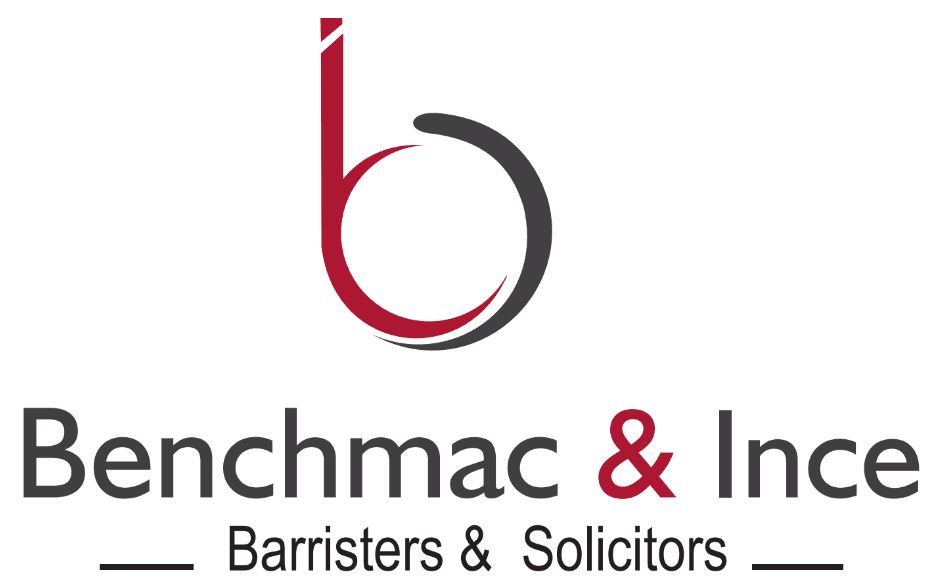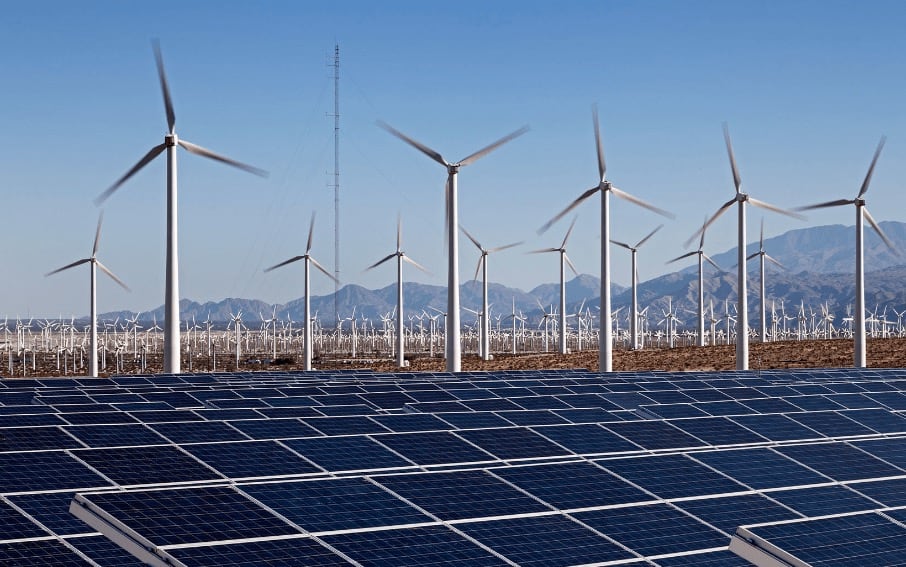Read A-Z of investing in Renewal Energy – Part 1
Nigeria as we saw in the last part of this series is endowed with vast and varied natural resources which can be used to produce green energy. The renewable energy sector is green and developing yet poised for spectacular growth but it is now more than ever that the country yearns to create unparalleled opportunities for partnerships and investment in this robust sector to provide the products and services it is capable of.
As an investor there are several ways of keying into the nascent renewable sector in Nigeria, the Renewable Energy Programme, an arm of the Ministry of Environment set up for the sole purpose of building up renewable source of energy that are clean, reliable, stable and sustainable while tackling challenges and implementing policies toward this goal outlined such areas for investments as;
- Establishment of Solar Photovoltaic (PV) grid-tied systems, Wind Farms and Waste to Energy Projects
- Establishment of Renewable Energy Village – A village dedicated to technology development, manufacturing, assembly, distribution, sales and maintenance of renewable energy components.
- Capacity building in the field of Renewable Energy Technologies (RET’s)
- EPC contracting in renewable energy projects
- Mining of Dumpsites in all major cities of the country to capture methane.
- Establishment of Integrated Biofuel Production Facilities using sugarcane or sugar-rich Biomass in Nigeria.
- Provision of Renewable Energy Integrated Solar Dryers for rural communities.
- Creation of smokeless villages using biodegradable wastes as part of government’s rural energy security initiative.
- Establishment of Renewable Energy Small and Medium Enterprise development institute. A training institute dedicated to training entrepreneurs to stimulate manpower development and wealth creation in the clean energy sector.
The above outlined areas of investments will be classified into three (3) broad categories and discussed independently for a better appreciation of these areas and how to go about such investments.
- Independent Power Producers or Shareholders in a Project Company
This is the highest risk but with highest return for investors who are open to taking big risk and for a longer term. You can invest in your own renewable project by sponsorship of a Special Purpose Vehicle (SPV) under a project finance deal/ public private partnership (PPP) initiative or buy shares in an existing one.Investors here may wish to create an off-grid supply of electricity which will require a mini-grid while another option is producing power and selling it to the Bulk trader; Nigeria Bulk Electricity Trading Company (NBET)who in turns evacuates it through the Transmission Company of Nigeria (TCN) on grid; this is the on-grid sale.Investors typically sponsor an SPV by creating a saleable asset in the SPV. Investing in an SPV by foreign investors to build a power plant involves:incorporating of the SPV with the Corporate Affairs Commission and registration with the Nigerian Investment Promotion Council to obtain a certificate of registration:
- obtaining a business permit from the Federal Ministry of Interior which will be used to process work and residential permit from Nigeria Immigration Services;
- obtaining generation license from Nigeria Electricity Regulation Commission (NERC);
- obtaining environmental impact assessment certificate from Nigeria Environmental Standards Regulation Enforcement Agency and the relevant state agency where the plant will be located;
- obtaining building or development permit for construction of the project;
- obtaining an evacuation certificate from TCN for on-grid projects;
- obtaining water license for hydroelectric projects;
- obtaining certificate from the National Office for Technology Acquisition and Promotion, certifying registration in respect of transfer of technology contracts;
- compliance with the Market Rules, Grid Code, Metering Code, Health and Safety Regulations and other regulatory instruments issued by NERC;
- preparation of project and finance documents (where applicable)
- site control (own, option or lease). Liaising with the state Government and acquiring the necessary authorization for the land to be used as project site;
- a Power Purchase Agreement (PPA) and a Put or Call Option Agreement (PCOA) with the Bulk Trader which may or may not be subject to a feed-in-tariff depending on the technologies and capacities of the project;
- annual compliance audits on the activities of the generation company and reports to be filed with NERC.
- Finance Institutions
As key players in every PPP initiative or Project Finance deal, they are tasked with granting credit facility to the SPV. These are investors who invest capital in high-profit deals so as to get substantial returns on their investments. They have a high propensity for risk and only play a passive role as they have no say in the policies of the SPV.Their capital investments are needed to primarily construct the facility and are quite steep for the Sponsors or shareholders to bear alone. Investors here are usually the big commercial banks, Development Finance Institutions and large financial conglomerates. There are different kinds of funds which they can bring but in relation to renewable it is either;
- Greenfield Funds: Investments made when the project is just taking off and assume higher construction and technological risk but with higher return or;
- Brownfield Funds: Investments made when the project has been constructed already and only bear the operational risk. They only take lower risk.
Projects for renewable energy in Nigeria are usually financed through a debt-equity mix. The various types of financing are:
- Equity capital usually provided through the sponsor or developer, private equity funds, venture capital and impact investors
- Debt finance provided by financial institutions
- Domestic and international capital markets obtained through project bonds, sovereign bonds, refinancing and public offerings
- Manufacturers, Distributors and Supplier of Renewable Components and Systems
Investors here are interested in manufacturing, building and supplying the instruments, equipment’s, components, gadgets, machineries and the entire system (wind turbines, photovoltaic panels, water turbines etc) used to harvest the energy. Their aim is to handle the design and construction of the Facility at the initial phase and perhaps become shareholders of the SPV at the operational phase (not applicable in PPP’s).A huge need for the local manufacturing of renewable energy components and systems exist today in Nigeria and forms part of the challenges faced. Investors who are innovative and ingenious with the technical capacity and man power to manufacture the highest quality components and systems locally may trade on it in the emerging market.
The opinions in the articles are for general information purposes only and do not form a legal relationship or be taken as legal advice. To explore legal advice, please consult your solicitor or feel free to get in touch with us directly.


